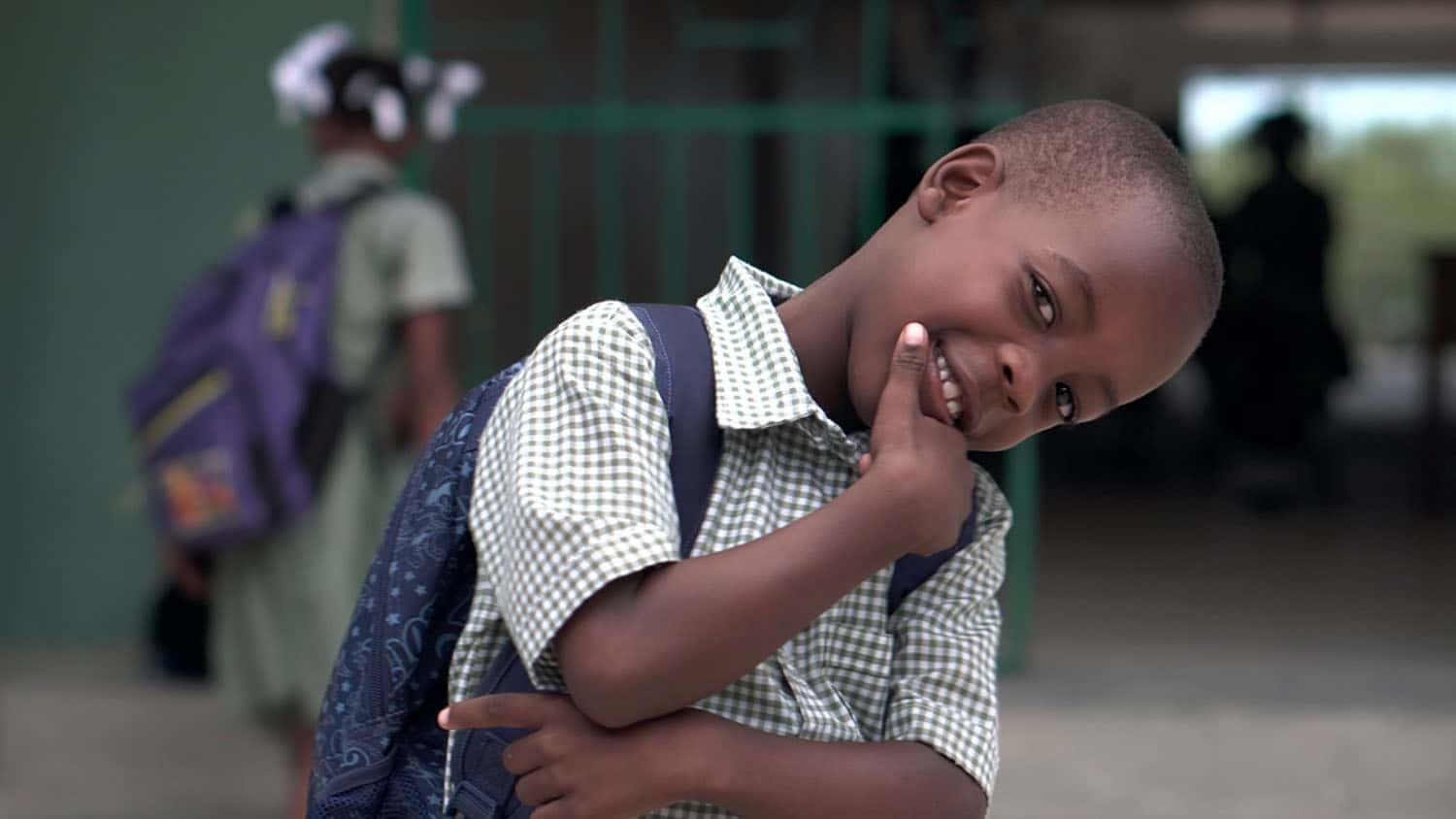The Older People Think a Black Child Is, the More Likely They Are to Wrongly See the Child As Angry

For Immediate Release
A recent study from North Carolina State University finds that the older an adult thinks a Black child is, the more likely the adult is to incorrectly view the child as being angry. There was no similar shift in adults’ perceptions of white children’s emotions.
“Our earlier work had established that racialized anger bias is imposed on both Black adults and Black children,” says Amy Halberstadt, co-author of a paper on the work and a professor of psychology at NC State. “This study shows again that Black children are more likely than white children to be seen as angry, even when they are not angry, which has ramifications for receiving unfair consequences.”
“The new part in this study was to see if anger bias increased as a function of the child’s age,” says Alison Cooke, first author of the study and a former Ph.D. student at NC State. “Do people see Black children as older and does that increase the likelihood that people will incorrectly perceive Black children as angry?”
To find out, Cooke & Halberstadt enlisted 152 parents and had them watch 40 video clips of children showing emotions (none of whom were showing anger). The study participants were asked what emotions each child was exhibiting. These parents were also asked how old they thought each child was, based on still photographs of the same children.
“We found that Black children were not seen as being older than white children,” says Cooke, who is now at the UCLA/Duke National Center for Child Traumatic Stress. “However, the older that study participants thought a Black child was, the more likely participants were to wrongly perceive that child as angry.”
These misperceptions occurred significantly less frequently for white children.
“I think our findings are important for anyone interacting with children, and particularly those in education and law enforcement,” Cooke says. “It really drives home that there is widespread bias in how Black children are viewed and this can have significant consequences for their well-being. We need to address this racialized anger bias in a meaningful way, and that starts with understanding it and raising awareness that it exists.
“This study’s findings highlight the fact that we need teachers and others to focus on interacting with children in a way that is appropriate to their age, not to the age they imagine them to be.”
The paper, “Adultification, Anger Bias, and Adults’ Different Perceptions of Black and White Children,” is published in the journal Cognition and Emotion.
The work was done with support and from the National Institute for Child Health and Human Development, under grant T32-HD07376, and from the William T. Grant Foundation, under grant 184516.
-shipman-
Note to Editors: The study abstract follows.
“Adultification, Anger Bias, and Adults’ Different Perceptions of Black and White Children”
Authors: Alison N. Cooke and Amy G. Halberstadt, North Carolina State University
Published: July 17, Cognition and Emotion
DOI: 10.1080/02699931.2021.1950127
Abstract: Adultification, perceiving a child as older and more mature, and anger bias, perceiving anger where it does not exist, are two phenomena disproportionally imposed on Black children compared to white children. The current study assessed whether perceiving a Black child as older increases the odds of mistakenly perceiving anger. Participating were 152 parents who viewed video representations of 40 children in an emotion understanding paradigm. Black children were not seen as older than white children but they did have 1.27 higher odds of being misperceived as angry (p < .05). Additionally, for each year increase in perceived age, the odds of anger bias increased by 1.04 for the Black children (p < .05), but did not increase for white children. Implications of this finding include Black children receiving increased consequences when adults perceive them as older and angry.
This post was originally published in NC State News.
- Categories:


